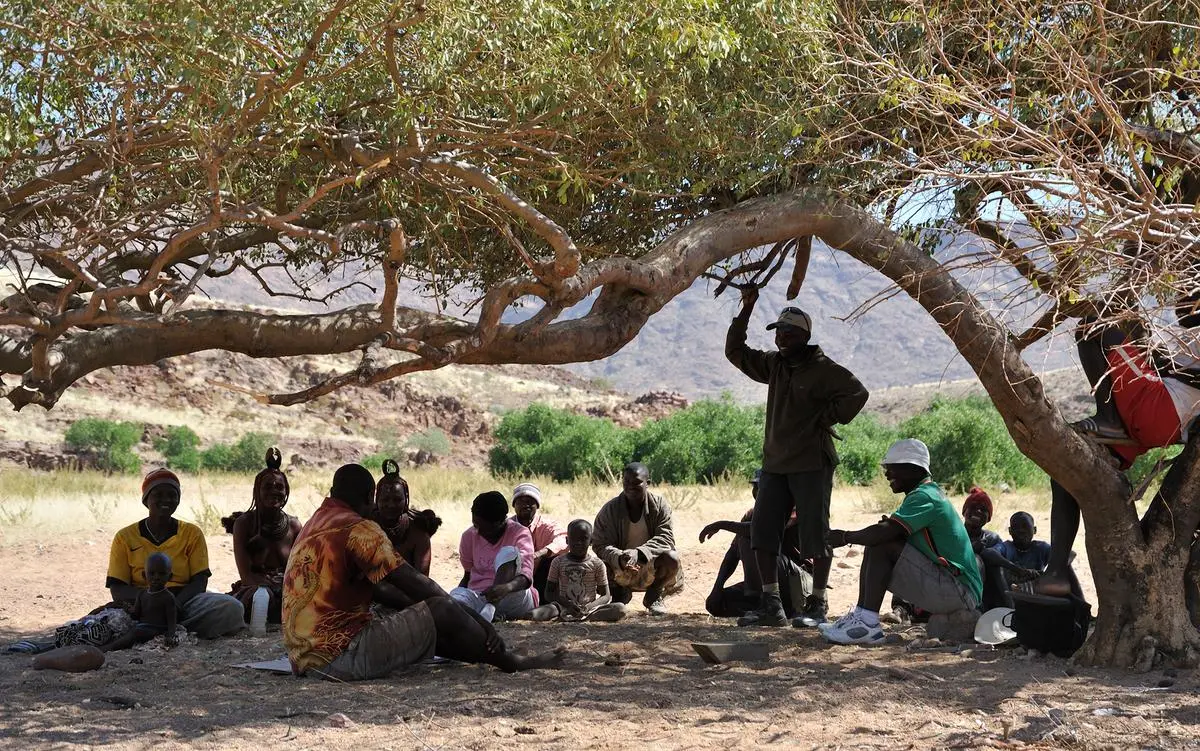This sounds less like a debunking or disproving and more like defining further conditions and ways to avoid it happening.
They key thing that caught my attention was that potential ToC scenarios were averted by a community realizing the potential for it and agreeing to rules with accountability built in that govern the resource at risk.
The lesson I think is that the ToC’s judgement of humans as just naturally destructive is false, but that what keeps humans from being destructive out of carelessness is systems of rules which naturally remind people to act with care.
Key example, libraries, ToC says they’d fail due to everyone stealing the books, but because there’s a rule system that has in built accountability, the only people who even try to are mostly considered to be “too clever for their own good by half.” thinking they can beat the system that literally knows they were the last one to have the book they haven’t gotten back yet.
The features of successful systems, Ostrom and her colleagues found, include clear boundaries (the ‘community’ doing the managing must be well-defined); reliable monitoring of the shared resource; a reasonable balance of costs and benefits for participants; a predictable process for the fast and fair resolution of conflicts; an escalating series of punishments for cheaters; and good relationships between the community and other layers of authority, from household heads to international institutions.
Somehow the author extrapolates this into ‘Tragedy can be avoided, therefore it doesn’t exist and is a myth’. What is this ridiculous logic?
You misunderstood the article. The entire idea of a “tragedy of the commons” is an vast oversimplification used to justify privatising commonly held resources and thus stealing from the current users.
The tragedy of the commons is a known behaviour that we can see daily everywhere. How exactly is it a myth? The article is entirely about ways to AVOID the tragedy and husband the shared resources in such a way that we don’t engage in a race to the bottom. I agree with 90% of the article, but it feels like they decided to go for a clickbait title.
Its not a common behaviour at all… it is what you get as the result of a hyper capitalist system with a few people taking as much as they can get away with. There are literally thousands of examples where this theory falls flat on its face, and yet somehow it is suppose to describe “common” human behaviour?
The classic example, and trope namer, comes from farmers overgrazing their livestock on the common pasture. This stretches back to way before hypercapitalism was a thing. For that matter, the concept has been discussed as far back as Aristotle, millenia before capitalism was even a concept. There is no requirement for the tragedy to be reliant on capitalism to exist, and is a standard component of game theory. Even the article itself (except for the clickbait headline) does not make the argument that it does not exist, but is entirely about how to prevent it from happening.
The classical example is non-white farmers in an setup where colonialism (= capitalism) had disrupted their regular livelihoods and this served as a justification to steal what little they had left.
Sure, you can discuss it as a theoretical concept that rarely happens outside of severely disrupted circumstances, but that is not how it is used… rather it is used as justification to do even further disruption by the same people that cause the disruption in the first place.
The classical example was non-white farmers in an setup where colonialism (= capitalism) had disrupted their regular livelihoods and this served as a justification to steal what little they had left.
The classical example and trope namer is about COMMONS IN THE UK, where did you get non-white farmers into the example from?
Not in the name defining article by Garrett Hardin. It takes an purely hypothetical scenario from an earlier author from the UK and explicitly extrapolates that to the global south.
Removed by mod
I don’t believe the tragedy of the commons is a theory that it’s a prevailing behavior, rather a description of a type of behavior that can happen. Nor that “common” is meant to mean ubiquitous, just not particularly rare.
The tragedy of the commons is that uncontrollable resources we all need can be damaged by industrial practicest that harm everyone. Ozone depletion from CFC’s in the 80’s, microplastocs in all our food, toxic waste leaking out of an industrial zone and into local water systems. They are very much a real phenomenon that effects billions of people
We.might say that there are no real capitalist solutions to the tragedy.
Thank you for sharing this. I’ve bookmarked it to read later when I can focus.
It’s so hard to correct misconceptions once they’ve taken hold in the public consciousness, especially something that’s been used as an excuse to uphold an inherently inequitable system. Often, people will change their view once they’ve had time to process. As someone who is rather stubborn and learned about the tragedy of the commons in college, I have some firsthand experience with this lol
You misunderstand, the tragedy doesn’t actualize because the tragedy is recognized before it becomes irreversible. The commons being grazed on were never depleted. The hypothesis is that it would be after several real life examples have proven the scenario false, we need to recognize the Tragedy of the Commons as a fallacy.
The real life scenarios have all been resolved through shared, communal decision that had specific frameworks for sharing as well as a progressive punishment structure for bad behavior. Ultimately there was never a tragedy and only an oversimplified thought experiment would result in the original outcome of totally depleted resources.
… despite being thoroughly dissected decades ago, despite being contradicted by millennia of human existence …
“the tragedy of the commons” was first coined by white supremacist, eugenicist, and Neomalthusian ecologist Garret Hardin in 1968
— [Andrewism] The REAL Tragedy of the Commons
I thought this was common knowledge by now.
Hardin was a fascist who published what he thought would justify the destruction of those he saw as subhuman.
Anyone using the phrase “tragedy of the commons” at this point is just a pathetic lackey of his cause.
Lol no.
It should be called the tragedy of capitalism because it’s the only system it ever happens under
I fucking hate capitalism but this is verifiably false.
It happened countless times in history long before capitalism was even a notion.
Not necessarily, communist governments sound a lot like the application of force and control over resources because smaller communities are not trusted to do it fairly.
“this person proved it wrong with these two anecdotes”
You mean an extensive body of research by Elinor Ostrom, a Nobel Price of Economics winner, are “two anecdotes”?







